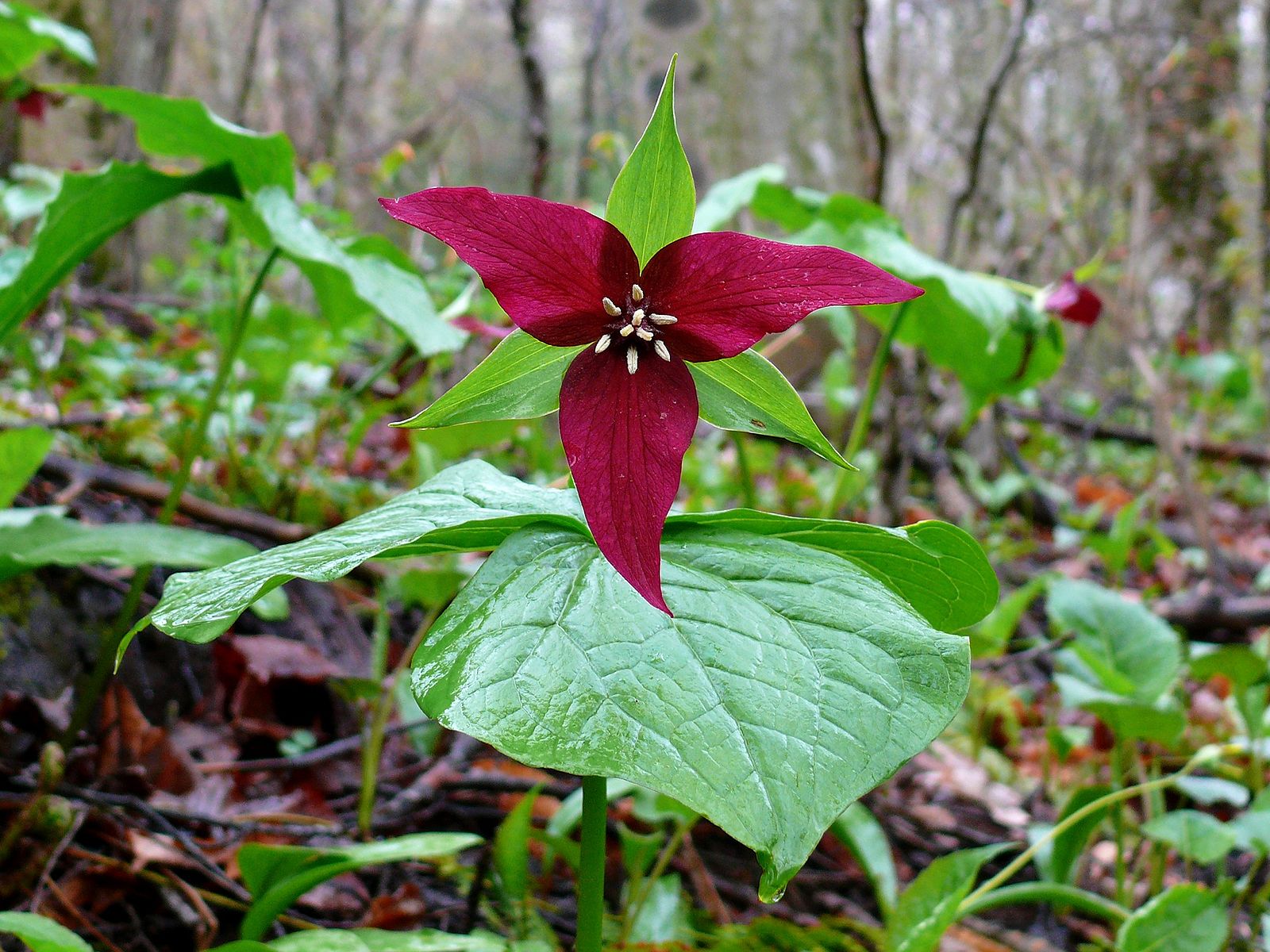Displaying items by tag: paul super
Fire, fog, floods: Scientists probe climate-change impacts in Smokies
 Many climate-change related issues have appeared since publication of this vintage map of Great Smoky Mountains National Park. Library of Congress
Many climate-change related issues have appeared since publication of this vintage map of Great Smoky Mountains National Park. Library of Congress
Invasive insects are among the vanguard of noticeable climate changes in America’s most-visited national park
GATLINBURG — Ants scurry beneath the carpet of last year’s leaves in Great Smoky Mountains National Park. The native ants are busy spreading the seeds of violets and bloodroot, preparing a new carpet of spring wildflowers to draw thousands of visitors.
But the local insects aren’t alone under there. They have become prey to venomous Asian needle ants that also prowl the leaf litter.
These invaders dine on termites, other ants and insects, while stealing habitat from them. Unlike invasive fire ants, needle ants can live in pristine forests and build large colonies with hundreds of queens. But like fire ants, needle ants have a painful sting that can trigger an allergic reaction.
Climate change is expected to make it easier for invasive species like needle ants to upset the delicate balance of this temperate rainforest full of rare plants and animals. That’s just one example.
- great smoky mountains
- climate change appalachia
- southern appalachian climate change
- great smoky mountains national park climate change
- needle ant
- are ants affected by climate change
- daniel malagon
- ana barro
- jason fridley
- paul super
- ipcc
- climate precipitation change
- smokies science
- national ecological observatory network
- neon
- armadillo
- invasive species
- change in precipitation
- importance of cloud to water balance highelevation ecosystem
- biodiversity
- climate change research
- sampling plot
New digital maps outline precious pockets of remaining US biodiversity and the threats they face
 The endangered Indiana bat is among threatened and endangered species in Great Smoky Mountains National Park. U.S. Fish and Wildlife Service
The endangered Indiana bat is among threatened and endangered species in Great Smoky Mountains National Park. U.S. Fish and Wildlife Service
Southern Appalachians show red as a warning on new detailed biodiversity maps
This story was originally published by the Sylva Herald.
SYLVA — Great Smoky Mountains National Park has long been known for its abundance of different species of flora and fauna.
Credit old mountains in a warm, sunny and wet region with varying types of climate, soil and stone for that large number.
“The park is almost certainly the most biodiverse national park in North America,” said Paul Super, national park science coordinator. “And certainly the most studied of any national park.”
A group of environmental organizations recently put together a series of maps illustrating the regions with the biggest threats to their biodiversity, and the area around Jackson County and the national park showed up in the red, showing risk. One such map, based on NatureServe data, is among the most detailed maps of endangered and threatened species ever produced.
Tragedy of the commons: Plant poaching persists in Smokies and other public lands
 A red trillium is seen in the Southern Appalachians. It is often the target of poachers who aspire to place it in an ill-suited domestic ornamental garden. Courtesy Wiki Commons
A red trillium is seen in the Southern Appalachians. It is often the target of poachers who aspire to place it in an ill-suited domestic ornamental garden. Courtesy Wiki Commons
Forest service withholds ginseng permits to protect native Southern Appalachian plants as overall poaching persists
Paul Super has a message for people who take plants and animals from Great Smoky Mountains National Park:
It’s stealing.
“We’re trying to protect the park as a complete ecosystem and as a place that people can enjoy the wildlife and everything that lives here … but they have to do it in a sustainable way, and poaching doesn’t fit,” said Super, the park’s resource coordinator.
“Be a good citizen. Enjoy the park without damaging it.”
Super said the novel coronavirus pandemic led to the second-highest visitation to the park in 2020, just over 12 million, even with the park being closed briefly.
“This year will likely have the highest visitation ever,” he said, adding that the park is, in terms of the pandemic, a “relatively safe place for family and friends.”
Super said this higher visitation rate may lead to more poaching but it may also lead to more people who “appreciate something that a poacher would take away from them.
“Besides being illegal, that’s just selfish and rude,” Super said regarding plants and animals, and even cultural artifacts that are taken from the park.
Super is the park’s research coordinator, and is in charge of recruiting researchers to help better understand the nuances and full ramifications of stealing public natural resources. He said his researchers don’t enforce the laws, but they do alert law enforcement rangers to poaching incidents and suspicions.
- ginseng poaching
- poaching in great smoky mountains national park
- poaching in southern appalachia
- pink lady slipper
- ginseng
- smokies ginseng
- trillium
- great smoky mountains national park
- paul super
- smokies research coordinator paul super
- is removing plant from mountain illegal?
- insect poaching
- rare plant species
- ginseng trade
- butterfly poaching
- beetle poaching
- big south fork poaching